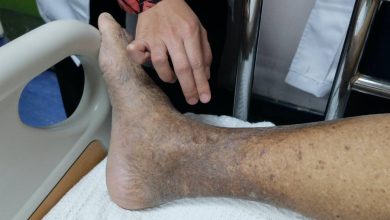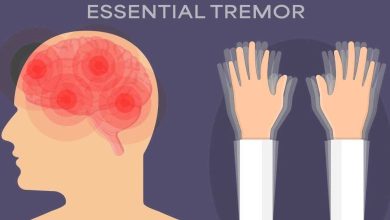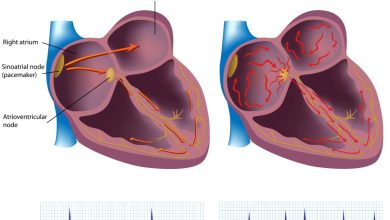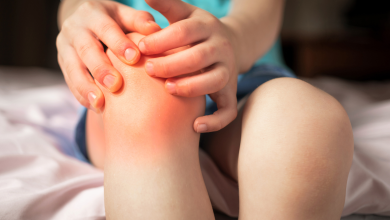Huntington’s Disease Symptoms, Causes, Diagnosis and Treatment
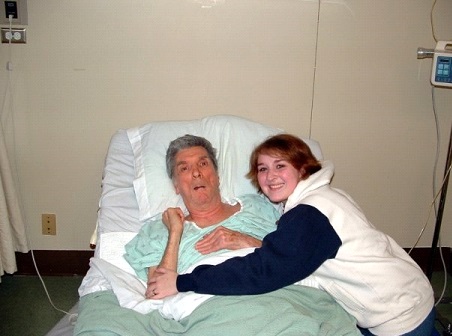
What Is Huntington’s Disease ?
It is a genetic disease that results in the degeneration of nerve cells, present in our brain. The progressive breakdown tends to have a great impact on the functional abilities of the patient, and often leads to thinking, psychiatric and movement disorders.
Many individuals with the disease develop symptoms during the ages of 30-40 years, though the onset of Huntington’s disease can occur later or earlier in life. In case the disease starts prior reaching the age of twenty, then this conditions is known as juvenile Hintington’s disease.
Drugs are helpful in easing the signs associated with the condition, though the treatment is not helpful enough in averting the behavioral, mental and physical decline linked with Huntington’s disease.
What Are The Symptoms Of Huntington’s Disease ?
Often, it sources psychiatric, cognitive and movement disorders, along with a wide array of symptoms. Behavior changes tend to arise prior problems with movement occurs, and include:
- Hallucinations.
- Behavioral disturbances.
- Irritability.
- Paranoia.
- Restlessness.
- Moodiness.
- Psychosis.
Abnormal movements include:
- Gradual, uncontrolled movements.
- Facial movements.
- Sudden movements of face, legs, arms and other parts of the body.
- Unsteady gait.
Further signs associated with Huntington’s disease are:
- Speech impairment.
- Swallowing difficulties.
- Stress and anxiety.
Signs in children are:
- Tremor.
- Slow movements.
- Rigidity.
What Causes Huntington’s Disease ?
The condition is known to be triggered by a genetic defect in a particular gene. More specifically, it is an autosomal dominant disorder; which indicates that in order to develop Huntington’s disease, an individual needs only a single copy of faulty gene. An individual with the family history of Huntington’s disease has a 50% chance of developing it as well.
How Is Huntington’s Disease Diagnosis ?
The doctor will carry out a thorough physical examination and will need complete details regarding the indications and medical history of the patient. The doctor will also conduct an examination of nervous system. Some other tests that would help in diagnosing are:
- PET scan of brain.
- MRI scan or CT scan of the head.
- Psychological testing.
In addition to this, people with a family history of the disease can have genetic testing to clear their doubts of either carrying the defective gene or not.
How Is Huntington’s Disease Treatment ?
Clearly, Huntington’s disease is incurable. There is nothing you can do to halt the progression of disease. Though, treatment can help slow down its development and with the mobility to an extent. Depending upon the signs, the doctor will prescribe drugs. For example:
- Dopamine blockers are known to decrease abnormal movements and behaviors.
- Medicines for example tetrabenazine and amantadine may help in controlling extra movements.
Suicide and social isolation are common in patients of Huntington’s disease. Therefore it is important to provide 24 hour support and help to the patient. Several therapies are also a part of its treatment, which may also help with the symptoms of Huntington’s disease.
By : Natural Health News

